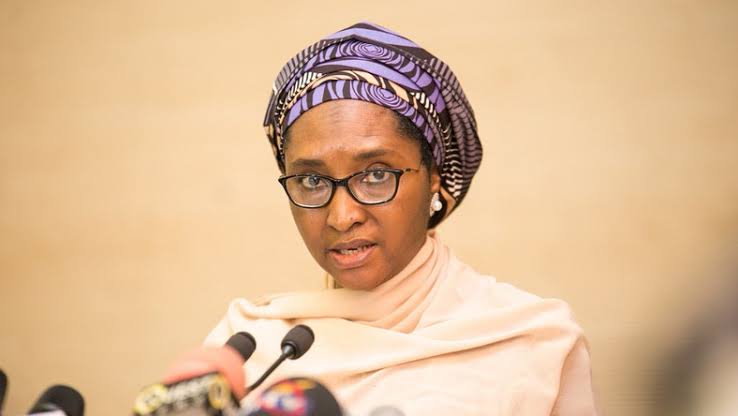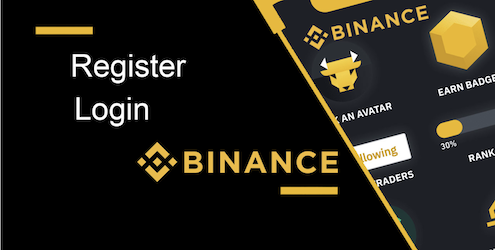On Thursday, the National Economic Council met in Abuja to request that the Federal Government postpone the June deadline for eliminating petroleum subsidies until existing plans to provide Nigerians with relief are evaluated.
While contending that the petroleum appropriation ought not be eliminated now, the gathering said the Central Government would widen meetings with state legislatures and other key partners like worker’s guilds, oil advertisers, the Service of Money, Nigerian Upstream Petrol Administrative Commission and agents of approaching organization.
According to the statement, this “expanded committee” would “determine if the removal can be done by June as planned.”
This was made clear to reporters at the State House by Zainab Ahmed, the Minister of Finance, Budget, and National Planning, shortly after the valedictory NEC meeting in Abuja’s Council Chambers, presided over by Vice President Yemi Osinbajo.
She stated that if the new administration agreed with the decision to extend the elimination of subsidies, it might be necessary to submit an additional budget to the National Assembly.
Ahmed claims that the Council has nevertheless agreed that the subsidy must be “removed now, rather than later” due to the nation’s inability to pay for it.
She stated, “Council agreed that the removal of the fuel subsidy should not take place now; however, that we ought to go on with the preliminary works that should be all finished and these preliminary works must be finished in meeting with the states and other key partners including agents of the approaching organization.
The Council agreed that the fuel subsidy must be ended as soon as possible because it cannot be sustained. It is no longer within our means. However, we must do so in a manner that minimizes the subsidy’s impact on ordinary Nigerians’ lives to the greatest extent possible.
Therefore, in order to accomplish this, it will be necessary to investigate alternatives to the fuel subsidy, which must be planned for and then implemented. Additionally, what needs to be done to assist those who will be most impacted by the removal.
She mentioned that the 2023 budget only allows for subsidies until June of that year. Even more so, the Petroleum Industry Act stipulates that several industries must be deregulated 18 months after the subsidy removal became effective.
She stated that the Federal Government had agreed to set up a larger committee to look into the removal procedure. This incorporates deciding the specific time and the actions to be taken to help poor people and powerless and guarantee an adequate inventory of oil based goods from one side of the country to the other.
This decision has been made to expand the committee, which is currently comprised of state representatives and will also need to engage petroleum marketers.
“The quick board of trustees includes the Service of Money, Spending plan and Public Preparation, the NNPCL, the controller, and the downstream and upstream controllers.
“As a result, there will be a larger committee so that the process will not be guided solely by the opinions of a few individuals. This will ensure that there is sufficient consultation and input from key stakeholders regarding the actions that should be taken. Ahmed stated, “I said it won’t be removed now, which means it won’t be removed before the transition is finished.”
The nation would now have “two laws in the oil sector,” the minister said.
However, based on their decisions regarding the fuel subsidy, the incoming administration would need to amend both the Appropriation Act and the PIA to bring them up to date.
Ahmed said, “So assuming the board’s work, which will incorporate the delegates of the approaching organization establishes that the expulsion should be possible by June, the work plan will be intended to exit in June. However, if it is determined that the time period must be extended, the nation will need to revisit the Appropriation Act, as the 2023 budget only included funding for June. Therefore, if we decide to extend beyond June, we will need to reevaluate the Appropriation Act and either add to or modify the bill as well as the PIA.
We had to consult with NEC for these reasons in order to obtain governors’ opinions. They will provide us with representatives who will collaborate with us to establish a clearly defined procedure that will lead us to the removal. However, one thing is certain: everyone agreed that the subsidy should be ended as soon as possible because the cost is not only inefficient but also unsustainable. Furthermore, that when the opportunity arrives for evacuation, the expulsion will be done for the last time.”
A socio-political delicate issue in Africa’s largest economy, successive administrations have failed to reduce or eliminate the subsidy.
Among January and September 2022, the Central Government said it burned through $7.5bn on fuel endowment, portraying it as a wasteful utilization of assets smothering Nigeria’s financial potential.
The International Monetary Fund requested that Nigeria reduce borrowing and raise revenue by increasing taxes on April 12, 2023, in order for the country’s economy to expand by 3.2% in 2023.
With an expense to-Gross domestic product proportion of eight percent, Nigeria positions among the least internationally, as its complete obligation stock is anticipated to hit N77tn by May end.


